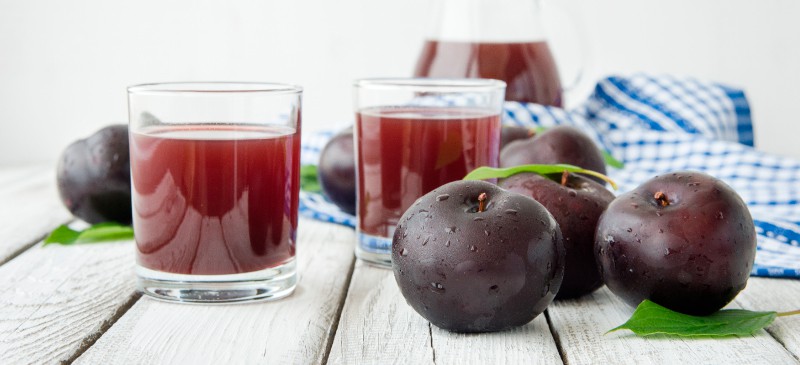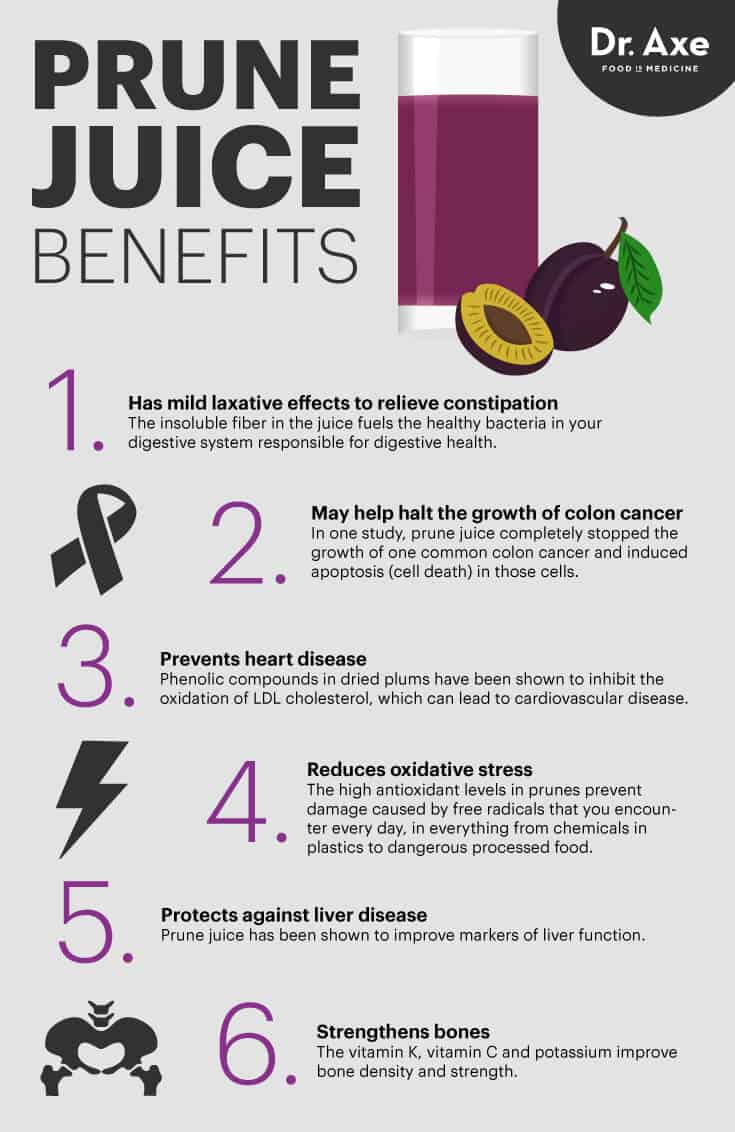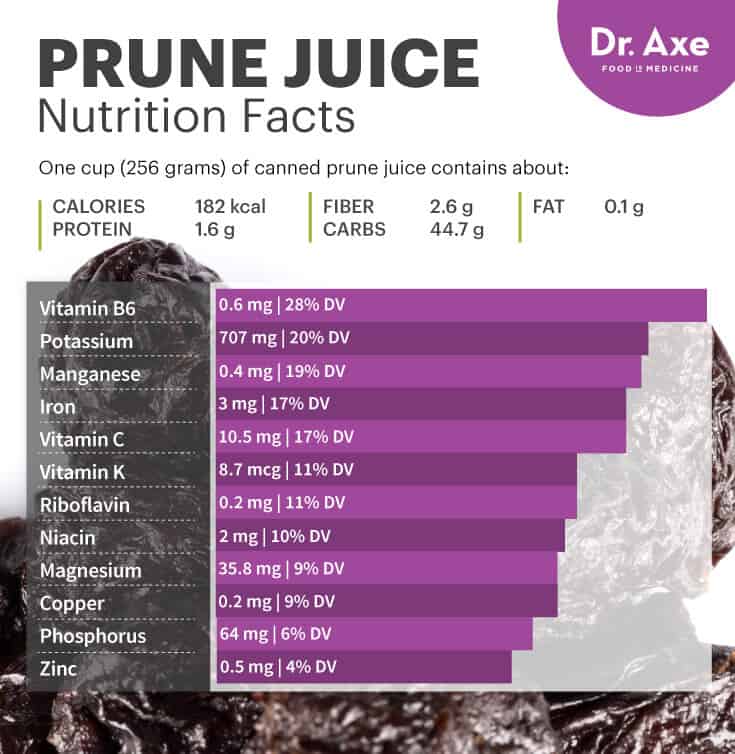This Dr. Axe content is medically reviewed or fact checked to ensure factually accurate information.
With strict editorial sourcing guidelines, we only link to academic research institutions, reputable media sites and, when research is available, medically peer-reviewed studies. Note that the numbers in parentheses (1, 2, etc.) are clickable links to these studies.
The information in our articles is NOT intended to replace a one-on-one relationship with a qualified health care professional and is not intended as medical advice.
This article is based on scientific evidence, written by experts and fact checked by our trained editorial staff. Note that the numbers in parentheses (1, 2, etc.) are clickable links to medically peer-reviewed studies.
Our team includes licensed nutritionists and dietitians, certified health education specialists, as well as certified strength and conditioning specialists, personal trainers and corrective exercise specialists. Our team aims to be not only thorough with its research, but also objective and unbiased.
The information in our articles is NOT intended to replace a one-on-one relationship with a qualified health care professional and is not intended as medical advice.
Prune Juice Provides Constipation Relief & Much More
May 24, 2022

Prune juice: It’s not just for granny anymore! This thick fruit juice can treat digestive problems, protect your heart and liver and even strengthen your bones. That’s because prunes are simply dried plums, which means prune juice contains amazing plum benefits and more.
When you look at the staggering number of vitamins and minerals in one cup of prune juice, it’s no surprise it’s so good for you. Prune juice is beneficial not only because of its individual nutrients, but also because of the presence of fiber along with the combination of antioxidants, minerals and vitamins found in this power juice.
Whether you’re looking for a constipation remedy or just a yummy juice to add to your diet, prune juice is the way to go.
What Is Prune Juice?
Prune juice refers to the juice of dried plums, usually Prunus domestica. Plums and prunes are the same fruit, though farmers refer to certain plums as “prunes” when they’re cultivated specifically to be dried into plums. The term “prune” is actually dying out in popularity, as the official term is now considered “dried plum.”
The history of prunes originated in western Asia, near the Caucasus Mountains. In 1856, a Frenchman by the name of Louis Pellier, who had come to California to search for gold, planted the first prune trees in the U.S. These plum plants, originally from southwest France, are now the commonly produced California dried plum. Unlike some plum fruits, this variety of plum can be dried while still containing the seed without fermenting, which is not true of all plum plants.
Health Benefits
Prune juice benefits are widespread and beneficial for everyone. Not only is prune juice an effective, mild laxative, but prune juice benefits also include potentially preventing heart disease, reducing oxidative stress and more. Let’s look in detail at how prune juice benefits the body.
1. Has Mild Laxative Effects to Relieve Constipation
Prune juice has long been regarded as an effective fighter against constipation, especially in the elderly population. However, constipation is a condition experienced by people of all ages, and pharmaceutical laxatives can be very dangerous if used in higher quantities. If you regularly suffer from constipation, try using natural laxatives, like prune juice, in your diet to keep your digestive system properly.
A 2008 study found that “supplementation of prune products is effective to provide energy, dietary fiber and water, and to relieve constipation symptoms for constipated adults.” Prune product supplementation helped to soften stool, increase bowel movement frequency, decrease the length of each movement and decrease the pain involved.
At least one reason for this improvement involves the fiber in prune juice. This insoluble fiber fuels the healthy bacteria in your digestive system responsible for digestive health, known as probiotics. These bacteria must exist in large quantities within your gut in order to maintain a healthy immune system, as well as digestive tract.
Constipation is especially prevalent in the elderly, and one geriatric center in New Jersey investigated the effects of natural constipation remedies in their patients in 1980. The researchers introduced healthy dietary fiber in three forms, including prune juice, and found that they could almost completely eliminate the need for pharmaceutical laxatives in their residents. In fact, the center saved $44,000 in pharmaceutical expenses that year.
2. May Help Halt the Growth of Colon Cancer
While there’s not a huge body of research on the effects of prunes and prune juice on cancer, one study published in the Journal of Nutritional Science and Vitaminology did find a significant effect of prune juice on colon cancer cells. The juice completely stopped the growth of one common colon cancer and induced apoptosis (cell death) in those cells.
3. Prevents Heart Disease
Because they’re rich in antioxidants, prunes have a great potential to prevent and slow many diseases, including coronary heart disease. Phenolic compounds in dried plums appear to inhibit the oxidation of LDL cholesterol (usually referred to as “bad” cholesterol), which can lead to cardiovascular disease. The potassium level in prune juice is also beneficial to long-term heart health.
Atherosclerosis is a common heart condition involving the buildup of plaque, cholesterol and other substances on the artery walls. A 2009 study from the University of Minnesota found that consuming dried plums may be an effective way to slow the spread of atherosclerosis.
Dried plums lower cholesterol by more than just antioxidant impact — the soluble fiber found in plums and dried prune products interferes with the body’s absorption of dietary cholesterol. These fibers bind to bile acids that the liver creates to help your body digest fat, which are then carried out by the fiber compounds in prunes in your stool. When your body recognizes the loss of these bile acids, the liver creates more, which results in a higher use of the cholesterol in the body.
Other methods by which prune juice is good for your heart is the high level of vitamin K, a heart-healthy vitamin that helps prevent the calcification of arteries.

4. Reduces Oxidative Stress
As you already know by now, prunes are high-antioxidant foods, and prune juice contains levels of various important antioxidants. These are important because they prevent damage caused by free radicals that you encounter every day, in everything from chemicals in plastics to dangerous processed foods.
Prune juice has been found to target one particular substance called peroxyl radical. This is considered an “intermediary” in the development of some very problematic free radicals, especially the ones that are known to cause plaque buildup in the body. Prune juice (along with coffee) was found to have a great antioxidative effect on peroxyl radical and is suggested to have preventative power over medical events and diseases related to this particular free radical.
Plums and all plum products contain significant amounts of lutein and zeaxanthin, two carotenoids that are really important to the health of your eyes. These special antioxidants collect in the macular tissue of your eyes, and a lack of them leads to early macular degeneration.
5. Protects Against Liver Disease
Another benefit prune juice and other plum products can offer you is a protection against diseases of the liver. In one eight-week study, researchers found an improvement in liver function after introducing prune juice and whole prunes into the diet.
Two markers of liver function greatly improved, including alanine aminotransferase, which is released in large quantities into the blood when the liver is damaged or diseased.
6. Strengthens Bones
Prune juice isn’t just good for your organs — it’s good for your bones, too. In two animal studies, prune juice stopped “bone turnover” (the process of reabsorption and new bone growth) from escalating to too-high levels, and even reversed bone loss by changing the metabolism and increasing antioxidant activity within the bones.
In a randomized, controlled trial of osteopenic postmenopausal women, dried plum helped prevent bone loss.
Related: Is Orange Juice Good for You? (Benefits, Nutrition & More)
Nutrition Facts
Because prune juice contains a high natural sugar content, I strongly recommend purchasing prune juice without added sugar. When possible, you may also want to try making your own prune juice with the recipe I’ve included below.
One cup of prune juice (about 256 grams) contains:
- 182 calories
- 44.7 grams carbohydrates
- 1.6 grams protein
- 0.1 gram fat
- 2.6 grams fiber
- 0.6 milligram vitamin B6 (28 percent DV)
- 707 mg potassium (20 percent DV)
- 0.4 milligram manganese (19 percent DV)
- 3 milligrams iron (17 percent DV)
- 10.5 milligrams vitamin C (17 percent DV)
- 8.7 micrograms vitamin K (11 percent DV)
- 0.2 milligram riboflavin (11 percent DV)
- 2 milligrams niacin (10 percent DV)
- 35.8 milligrams magnesium (9 percent DV)
- 0.2 milligram copper (9 percent DV)
- 64 milligrams phosphorus (6 percent DV)
- 0.5 milligram zinc (4 percent DV)

How to Use
Prune juice is thicker than many other fruit juices, with a very sweet taste, including hints of caramel in some varieties. While prune juice is one of the oft-snubbed juices by children, you can combine it with organic, fresh-squeezed apple juice or pear juice to balance the taste and texture.
Parents often use prune juice as a natural way to treat constipation in babies and children. Prune juice for babies is a great way to deal with mild constipation but should not be given to children under six months of age. It’s recommended that you use a 25 percent juice, 75 percent water mixture, and never give more than six ounces a day to a baby.
When buying prune juice, I advise (as always) to buy organic only. You should also look for a “sulfite-free” label, as some prune-drying methods introduce sulfites into your dried fruit, which are sources of common allergies.
While prune juice isn’t a common ingredient in many recipes, straight prune juice can be consumed in the morning and evening to best assist with proper bowel movements. It’s also a great addition to a smoothie.
Recipe
Why not try making your own prune juice? Follow these simple instructions for homemade prune juice that will make you smile.
Total time: 1 hour (plus overnight soaking)
Makes: 1 liter
Ingredients:
- 1 cup dried prunes
- 5 cups water
- 1 cup pear juice (optional)
Directions:
- Remove pits from prunes.
- Boil 5 cups of water, then add some of the boiled water to a heat-safe container with the prunes. Fill the container until prunes are submerged. Set aside the rest of the boiled water for later use, and allow the prunes to soak for 12–24 hours.
- Blend the prunes and the water you soaked them in until smooth.
- Using a sieve, push them mixture into a one-liter container, getting rid of solid pieces.
- Add pear juice to sweeten, if desired.
- Use the remaining boiled water to fill the juice to a full liter, stir and chill.
- Your homemade prune juice will remain good for up to one week in the refrigerator.
Risks and Side Effects
Because prunes do contain trace amounts of histamine, it’s possible (though uncommon) to develop an allergy to them. This can be counteracted by discontinuing consuming prune juice and consulting a physician.
Through the drying process, prunes form a chemical known as acrylamide in very small traces. While acrylamide is found in much higher concentrations in potato chips and many french fries, it’s considered to be a carcinogen by the National Cancer Institute. However, if you eat a diet full of whole, fresh foods, the risk of acrylamide contamination from prune juice is extremely low (but higher for smokers).
You should not drink prune juice if you are already experiencing diarrhea.
Final Thoughts
- Prune juice is extracted from prune fruits, a variety of plums that’s able to withstand drying without fermenting.
- It contains over 20 valuable nutrients in just one serving.
- It’s best to buy organic prune juice with no sugar added or to make your own.
- Prune juice can be used as a mild laxative.
- Prune juice has been proven to protect your liver, heart and eyes from disease with a unique combination of antioxidants, minerals and fiber.












